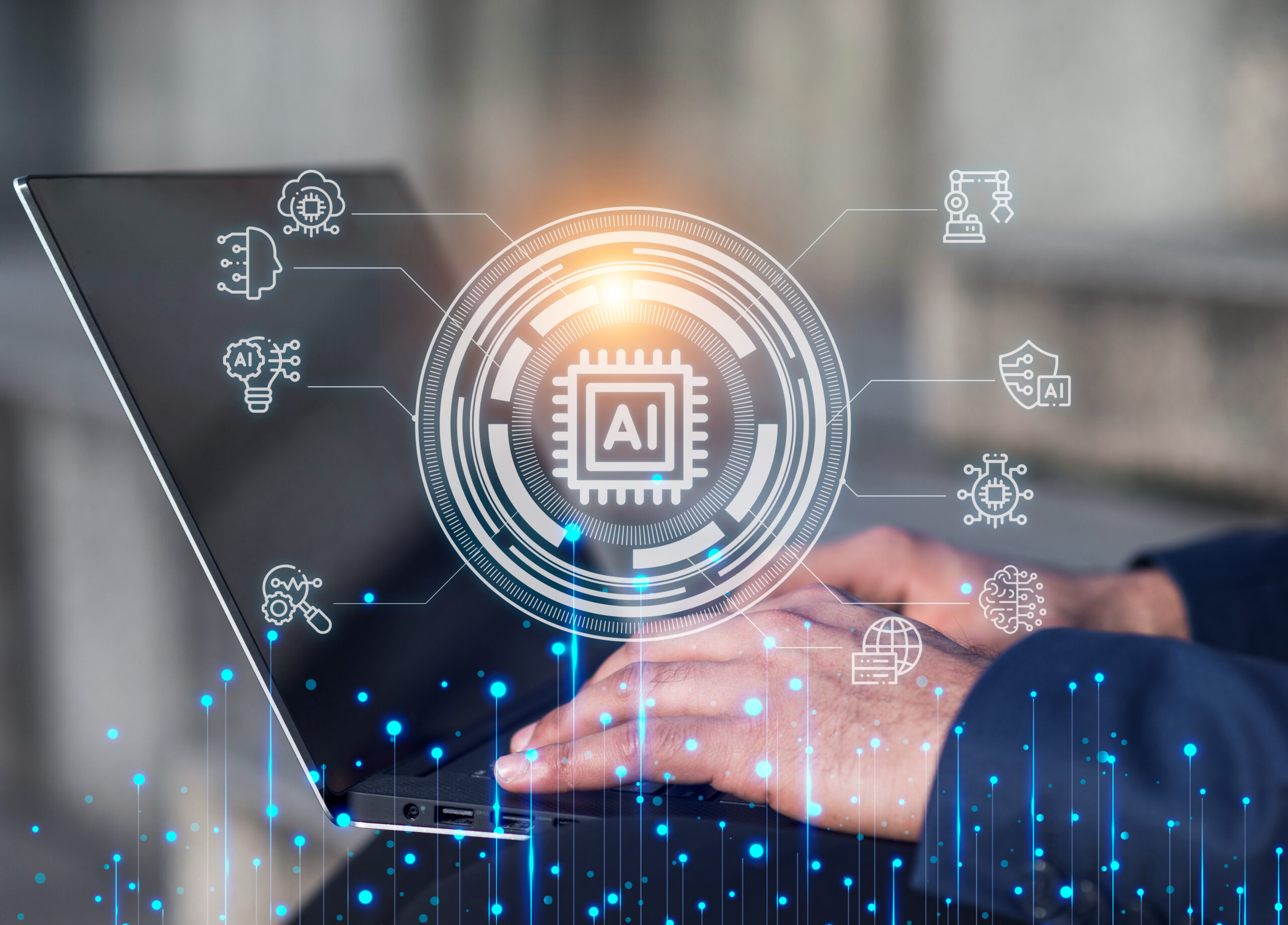Introduction
Artificial Intelligence (AI) has emerged as one of the most transformative technologies of our time. From self-driving cars to virtual assistants, AI is revolutionizing industries and reshaping the way we live, work, and interact. In this comprehensive article, we delve into the fascinating world of AI, exploring its history, applications, challenges, and ethical implications.
A Brief History of AI
The roots of AI trace back to the mid-20th century when computer scientists began envisioning machines that could mimic human intelligence. Early AI research focused on rule-based systems and symbolic reasoning. In 1956, the Dartmouth Workshop marked the birth of AI as a field, with pioneers like John McCarthy and Marvin Minsky leading the way.
Types of AI
1-Narrow AI (Weak AI): Narrow AI refers to systems designed for specific tasks, such as speech recognition or image classification. These systems excel in their domain but lack general intelligence.
2-General AI (Strong AI): General AI, still theoretical, would possess human-like cognitive abilities, reasoning, and consciousness. Achieving this level of AI remains a distant goal.
Applications of AI
1-Natural Language Processing (NLP): NLP enables machines to understand and generate human language. Chatbots, language translation, and sentiment analysis are common NLP applications.
2-Computer Vision: AI-powered computer vision systems can recognize objects, faces, and scenes in images and videos. Self-driving cars rely heavily on computer vision.
3-Recommendation Systems: Think of Netflix suggesting personalized movie recommendations or Amazon recommending products based on your browsing history. These systems use AI algorithms.
4-Healthcare: AI aids in disease diagnosis, drug discovery, and personalized treatment plans. Radiology AI, for instance, assists radiologists in detecting anomalies in medical images.
5-Finance: AI algorithms predict stock market trends, detect fraudulent transactions, and optimize investment portfolios.
Challenges and Ethical Considerations
1-Bias: AI models can inherit biases from training data, leading to discriminatory outcomes. Efforts are underway to mitigate bias and ensure fairness.
2-Privacy: AI systems collect vast amounts of data. Balancing innovation with privacy protection is crucial.
3-Job Displacement: Automation powered by AI may lead to job losses. Reskilling and upskilling are essential.
4-Existential Risks: As AI advances, concerns about superintelligent machines surpassing human control arise. Ensuring safety measures is critical.
The Road Ahead
The future of AI holds immense promise. Breakthroughs in deep learning, reinforcement learning, and quantum computing will propel AI to new heights. Collaboration between researchers, policymakers, and industry leaders is vital to harness AI’s potential while addressing its challenges.
In conclusion, AI is not just a technology; it’s a paradigm shift. As we navigate this transformative journey, let’s strive for responsible AI development that benefits humanity as a whole.














